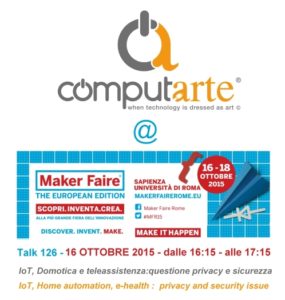Source Key4Biz
The furor sparked by the Snowden revelations threatens to widen the distance on the definition of the rules related to data protection. Rules that are being defined and have already triggered the lobby of US web companies.
 Internet – Of Edward Snowden, unknown until a few hours ago, the world now knows everything: 29 years, former CIA technician is currently a collaborator of Booz Allen Hamilton, one of the leading strategic consulting firms globally.
Internet – Of Edward Snowden, unknown until a few hours ago, the world now knows everything: 29 years, former CIA technician is currently a collaborator of Booz Allen Hamilton, one of the leading strategic consulting firms globally.
He is the deep throat of the DataGate which overwhelmed the Obama administration and decided to talk about the surveillance activities of the US government, always explains the British newspaper The Guardian, "To inform the public of what is being done in their name and against them".
Snowden took refuge in Hong Kong - an eventuality that led intelligence circles to claim that the Beijing government is actually behind his actions – and decided to come out in awareness "not having done anything wrong ".
The fuss aroused by his revelations on the systematic control by the American services of all telephone and internet communications of US citizens and beyond, however, there is no sign of subsiding, and bursts - it will be a coincidence? – just in the days when the new Chinese premier Xi Jinping he met Barack Obama for the first time in California.
After the outrage aroused by Snowden's revelations and the defense – bipartisan and swordplay – of the Prism program by the US Congress, public opinion seems to have split into two opposing positions: simplifying, there are those who agree with President Obama and believe they feel safer knowing that the US government watches over - even online - against the bad guys, who deems it unacceptable to be spied on, despite having nothing to hide.
The Republican Senator Rand Paul claims to be considering organizing a class action: "We are examining so much data that I think this will only make the fight against terrorism worse", he said.
The Prism program was mentioned above 77 mila report dell’intelligence. Second Jameel Jaffer, director of the American Union for Civil Liberties, it's about a “unprecedented militarization of national communications infrastructure” and that's one thing “deeply disturbing because it cares about the separation between the two“.
Even according to Jaffer, the fact that the control activities of the NSA and the FBI are now in the public domain could authorize users of telephone companies to initiate a class action.
While the German Bild jokes about the story by putting Obama on the cover with the title ‘Yes, we scan’, in Europe, there are those who fear that the fury unleashed by the Snowden revelations risks widening the distance of positions on the rules related to data protection. Rules that are being defined and have already triggered a strong lobbying action on the part of American web companies.
“With everything we have discovered in these days, about how easily the United States spies on people's data, I think it will be difficult for Americans to oppose a strong agreement on data protection ", he said Hannes Swoboda, leader of the socialist deputies of the european parliament.
“It is a problem that is crucial for us in Europe ... there will be growing resistance against an agreement with the United States unless there are some clear guarantees on their part of full compliance with European data protection principles ", he added.
Negotiations are expected to start next month: in the preparation phase, hi-tech companies and US financial services firms have implemented a strong work of pressure on negotiators to obtain fewer limits on 'cross-border data flows' from European nations.

